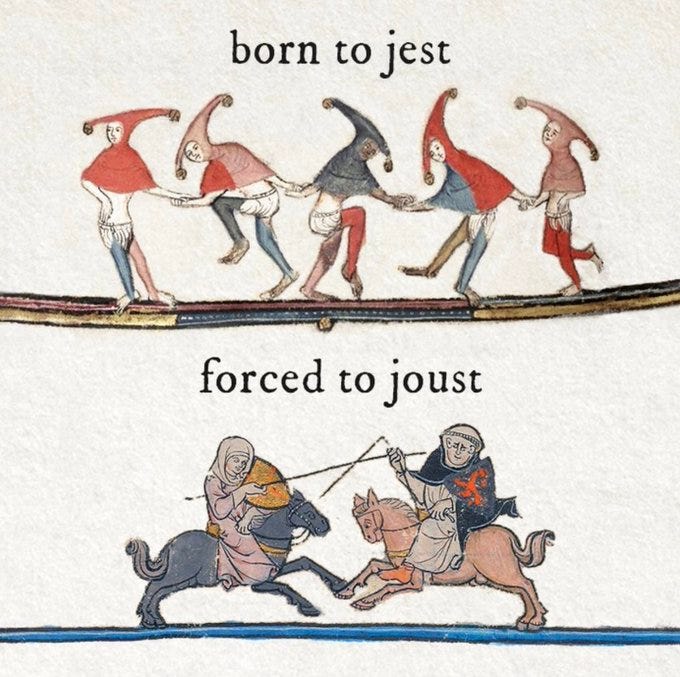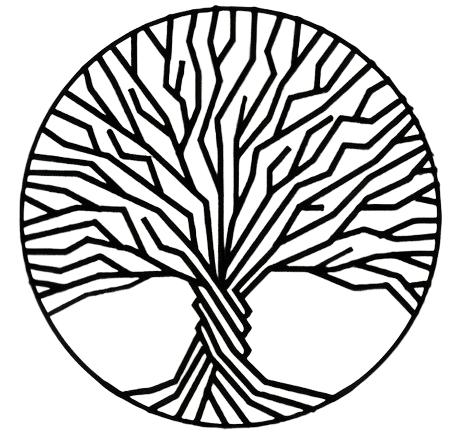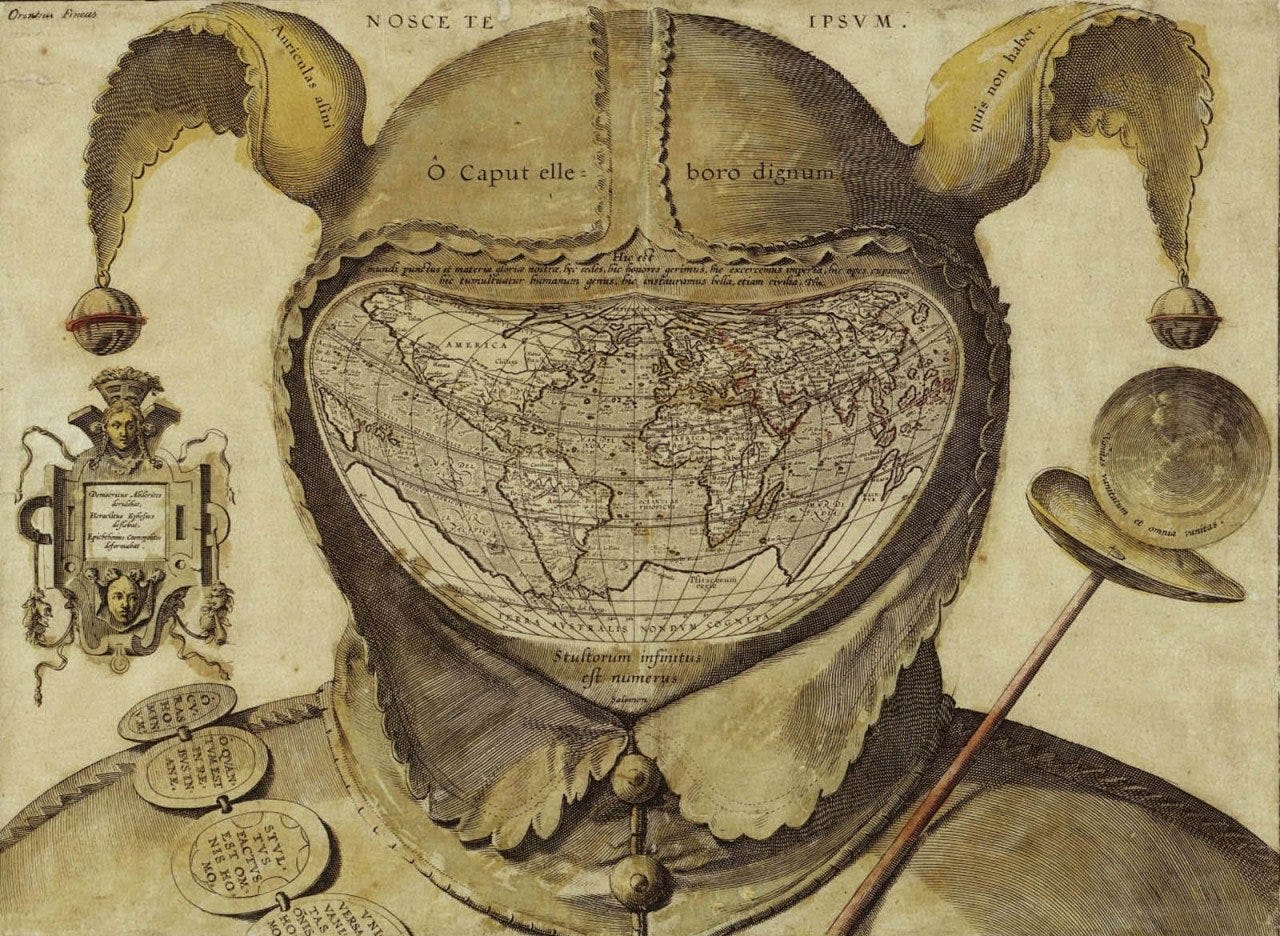Let us suppose that each of us living beings is puppets of the Gods, either their plaything only or created with a purpose, which of the two we cannot certainly know. (Plato)
Liber: a book; free, unconstrained
Ludens: one who plays
Previously, I offered the framing story of 1001 Arabian nights as an image of this ludic gnosticism which I am developing, with Shahryār representing the Demiurge, the creator-warden of our cosmic prison.
The main story concerns Shahryār, a king who ruled an empire that stretched from Persia to India. Shahryār is shocked to learn that his brother’s wife is unfaithful. Discovering that his own wife’s infidelity has been even more flagrant, he has her killed. In his bitterness and grief, he decides that all women are the same. Shahryār begins to marry a succession of virgins only to execute each one the next morning, before she has a chance to dishonor him.
Eventually the Vizier (Wazir), whose duty it is to provide them, cannot find any more virgins. Scheherazade, the vizier’s daughter, offers herself as the next bride and her father reluctantly agrees. On the night of their marriage, Scheherazade begins to tell the king a tale, but does not end it. The king, curious about how the story ends, is thus forced to postpone her execution in order to hear the conclusion. The next night, as soon as she finishes the tale, she begins another one, and the king, eager to hear the conclusion of that tale as well, postpones her execution once again. This goes on for one thousand and one nights, hence the name. Versions differ as to final ending but they all end with the king giving his wife a pardon and sparing her life.
Liberation: not through science or violence, but through art, story, beauty.
Another image of ludic gnosticism can be found in the life and times of Triboulet (with the king again serving as Demiurge.
Triboulet was a jester for Louis XII, the King of France from 1498 to 1515. He is perhaps most famous for slapping the king on the butt. This act greatly angered the king, and he threatened to have Triboulet executed. After taking a moment to calm down, the king decided to spare Triboulet’s life if he could think of an apology that was more offensive than what he had just done to the king. Triboulet went on to say, “I’m so sorry, your majesty, that I didn’t recognize you! I mistook you for the Queen!” While Triboulet’s response was clever and indeed more offensive, it broke an order that prohibited anyone from making fun of the queen. The king decided to proceed with the execution but allowed Triboulet to choose how he would die. With his life on the line, Triboulet replied, “Good sire, for Saint Nitouche’s and Saint Pansard’s sake, patrons of insanity, I choose to die from old age.” The speechless king could do nothing but laugh. He canceled the execution and decided to banish Triboulet.
G. K. Chesterton once very rightly said not only that there was more affinity between “cosmic” and “comic” than the mere similarity of the words, but also that angels fly because they take themselves lightly. And if this were true of the angels, how much more would it be true of the lord of the angels? In other words, you could say in mythological language that the most serious being in the world would be the devil, inflamed with hatred and malice against the cosmos, whereas the most non-serious being would be god, because he would be supreme lightness, spirit, levity. And indeed, Dante intimates this when he describes the song of the angels as the laughter of the universe.
Liberation through Laughter
Nietzsche sees laughter “as having the potential to redeem us from the suffering of the human condition”, with laughter taking on a “quasi-religious role” in his philosophy. In Thus Spoke Zarathustra, Nietzsche said, “Laughter have I pronounced holy: you higher men, learn to laugh!”
Deliverance through Dance
The only god I would believe in would be one who could dance.
And when I saw my devil, I found him serious, thorough, profound, solemn;
he was the spirit of heaviness, by which all things fall.One kills not by anger but by laughter. Come, let us kill the spirit of heaviness!
I learnt to walk, and ever since I have let myself run.
I learnt to fly, and ever since I have not needed a push to start moving.Now I am light, now I am flying, now I see myself below myself,
now a god is dancing through me.
Many native traditions held clowns and tricksters as essential to any contact with the sacred. People could not pray until they had laughed, because laughter opens and frees from rigid preconception. Humans had to have tricksters within the most sacred ceremonies lest they forget the sacred comes through upset, reversal, surprise…
…In many cultures and their mythical cycles, sacred accounts of the creation of the world are often accompanied by analogous myths that challenge their ritualised seriousness. These alternative myths tell the story of how tricksters create the ‘unofficial’, dirty and physical worlds we live in, of how the creation of the gods is counterbalanced by a different creative agency — the chaotic and comic acts of the trickster. It is striking how these myths of origin almost always relate to the origin of laughter. Laughter and creation are closely linked. Laughter either precedes the bringing into being of something new (the world or such cultural goods as language), accompanies creation, or immediately succeeds it… Trickster tales do not just induce laughter but are about the creation of laughter itself.
I was out hunting together with two Yukaghirs, an elderly and a younger hunter, and they had succeeded in killing a brown bear. While the elderly hunter was poking out its eyes with his knife and croaking like a raven as custom prescribes, the younger one, who was standing a few meters away, shouted to the bear: “Grandfather, don’t be fooled, it is a man, Vasili Afanasivich, who killed you and is now blinding you!” At first the elderly hunter doing the butchering stood stock-still as if he were in shock, but then he looked at his younger partner and they both began laughing ecstatically as if the whole ritual were a big joke. Then the elderly hunter said to the younger one, “Stop fooling around and go make a platform for the grandfather’s bones.” However, he sounded by no means disturbed. Quite the opposite, in fact: he was still laughing while giving the order. The only really disturbed person was me, who saw the episode as posing a serious threat to my entire research agenda, which was to take animism seriously. The hunter’s joke suggested that underlying the Yukaghir animistic cosmology was a force of laughter, of ironic distance, of making fun of the spirits. How could I take the spirits seriously as an anthropologist when the Yukaghirs themselves did not?
I experienced several incidents of this kind which, I must now admit, I left out of my books on Yukaghir animism, as they posed a real danger to my theoretical agenda of taking indigenous animism seriously. One time, for example, an old hunting leader was making an offering to his helping-spirit, which is customary before an upcoming hunt. However, while throwing tobacco, tea, and vodka into the fire, he shouted, “Give me prey, you bitch!” Everyone present doubled up with laugher. Similarly, a group of hunters once took a small plastic doll, bought in the local village shop, and started feeding it fat and blood. While bowing their heads before the doll, which to everyone’s mind was obviously a false idol with no spiritual dispositions whatsoever, they exclaimed sarcastically, “Khoziain [Russian “spirit-master”] needs feeding.” Direct questioning about such apparent breaches of etiquette often proved fruitless. One hunter simply replied, “We are just having fun,” while another came up with a slightly more elaborate answer, “We make jokes about Khoziain because we are his friends. Without laughter, there will be no luck. Laughing is compulsory to the game of hunting.”





Yes!! At least as long as the laughter and dance are not a form of avoidance... Lightness with full presence is where it's at.
As in the famous quote by Longchenpa: Since everything is but an apparition, perfect in being what it is, having nothing to do with good or bad, acceptance or rejection, one may well burst out in laughter.
Or in South Indian style: https://youtu.be/285CTozsTFU
This was a good piece.
But laughter can be fake.
I think real humour is a spiritual energy, coming from a peace of soul that lights up your environment, & lightens things around.
I just wonder how really liberating humour is, considering that sometimes it's a mask we use to hide the hurts within, the seething depression. Is there a way to be a real joy-giver & really be a joy-liver?